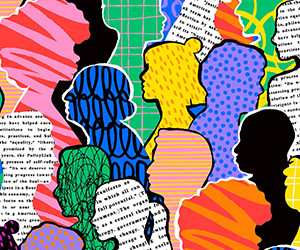Zero-Problem Philanthropy
Stanford Social Innovation Review
OCTOBER 16, 2023
Current philanthropic work—as a leader of a prominent US-based foundation remarked at a recent Stanford PACS conference—leaves people exhausted. is oriented towards the future: building and maintaining health around a vision of “Zero Disease” as the foundation for a fulfilling life. Perhaps we should consider increasing our efforts.













Let's personalize your content